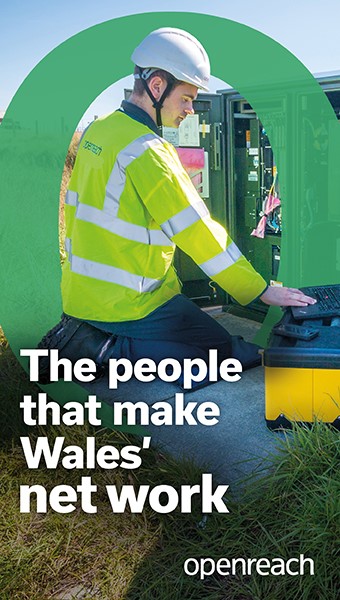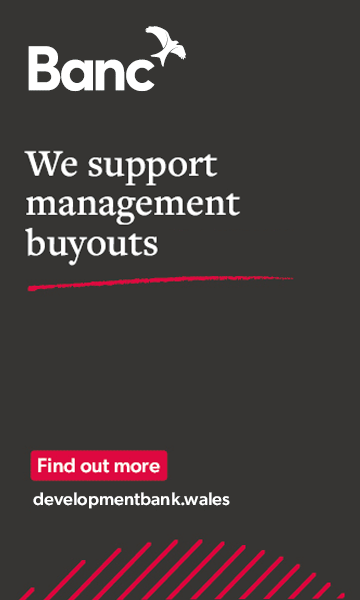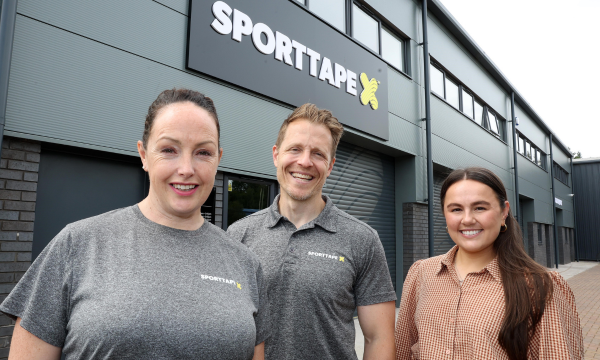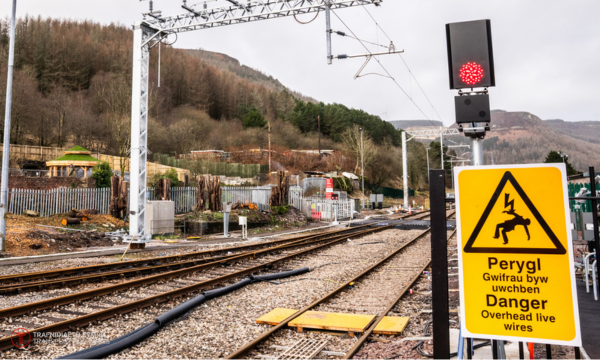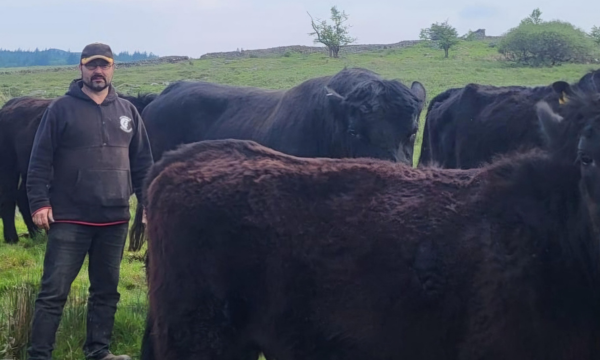
Written By:
Edward Thomas Jones
Senior Lecturer in Economics
Bangor University
___________________________________________________________________________________________________________________________
To make a real change to our communities we need to ask new questions about the social purpose and economic functions of local assets.
As I prepare for the new academic year, now is a good time to revisit some of the economic models I’ll be teaching my students. Over the summer months I have become particularly interested in one type of model: community ownership. This is a simple but an extremely powerful model. It harnesses the collective capacity, skills and innovation in communities and directs these towards achieving outcomes that are beneficial specifically to the local community. It can help build more resilient communities, establish the real needs of communities, empower, and upskill local people.
The idea of communities taking ownership of local assets (through buying, leasing, managing or even creating something new from scratch) is not new. Over 400 years ago the Diggers (a group of religious and political dissidents in England) took on under-used land for the common good. Early charitable organisations owned land and buildings to support poor people. The collective ownership of assets also had roots in the co-operative and mutual tradition of shared ownership by members. Settlements and social action centres, community centres and village halls have frequently managed a building as part of delivering their service.
Today, there are plenty of examples of community-owned ventures in Wales that provide an invaluable service and benefit to local people. Yr Iorwerth Arms in Bryngwran (Anglesey), Partneriaeth Ogwen in Bethesda (Gwynedd), Pwllglas Community Shop in Ruthin (Denbighshire), Llanfechain Community Shop in Llanfechain (Powys), Tafarn Sinc in Clynderwen (Pembrokeshire), Siop y Parc near Aberystwyth (Ceredigion) and Glaeri (Caernarfon – the largest community owned venture in Wales) are just some examples of community-owned ventures across Wales. Communities across Wales are also taking the initiative to tackle the housing crisis by building their own property that will be affordable for local people. For example, the Bro’r Eifl community land trust in Pen Llŷn has come together to develop affordable housing for local people using the community land trust model, which ensures that land and assets remain in the ownership of the local community in perpetuity.
Across the whole of Wales more communities are taking the initiative to purchase assets of local interest and ensure they are operated for the long-term benefit of those communities. Menter Felinheli, a community-led social enterprise is attempting to take ownership of the 260-year-old harbour in the village of Felinheli (Gwynedd). Menter Felinheli have developed a funding strategy and will shortly launch a community share offer as part of a blended finance package to purchase the harbour (including its 180 berth marina). If successful, this would bring social and economic benefit directly to the local community and show that community ownership ventures can be ambitious, creative and feasible.
These ventures, and others across Wales, have brought a sense of purpose and achievement, provided an appreciation of local and national history, and renewed and boosted the sense of community. Some have been successful in generating a new social identity of local community, connecting people who might otherwise have remained anonymous neighbours, and have preserved a significant place which represents for them a cornerstone in their community history.
Each kind of venture has intrinsic value either for its contribution to various social goods, including collective and individual well-being, cultural identity or participation, or to its economic value. As interest in local wealth building grows, the economic potential of community-ownership ventures should be part of the activities, designed to grow local, shared wealth, especially in places which are economically disadvantage. Improving the economic profile of a place through the generation of revenue, employment, and diversification of the local economy will, as a result, generate wider benefits.
The loss of community assets is an ongoing concern. These losses are in part due to changing economic trends and diminished public sector support. Over the past few years, the news has been full of stories of community assets being sold and lost. For example, Capel Bethania in Pistyll (Gwynedd) was sold to a private investor, after being advertised by the auctioneers as a “holiday home”, despite the best efforts of the local community to raise funds to purchase the historic chapel. The local community are continuing their campaign to save the Rompney Castle pub in Rumney (Cardiff) from developers who want to demolish the 150-year-old pub and convert it into apartments, shops, and a car park.
To make a real change to our communities we need to ask new questions about the social purpose and economic functions of local assets. There is a growing awareness of the need to develop local assets for the local community and ensure accessibility to services and experiences regardless of income, age, ability, or background. Community-ownership ventures have the capacity to shift the power dynamics from a top-down approach to solutions to local problems where the community decides what’s best for it. Places that have the ability to bring people together can become the central focal points of communities and help to improve and enrich the quality of life for those living there. Where new initiatives have been sparked, community action has the ability to create new energy and dynamism.
Most of all, being part of such ventures enhances the experience of being part of a community, one that works together for the common good, which can achieve great things when local people unite and decide to build something positive and lasting for the future.

